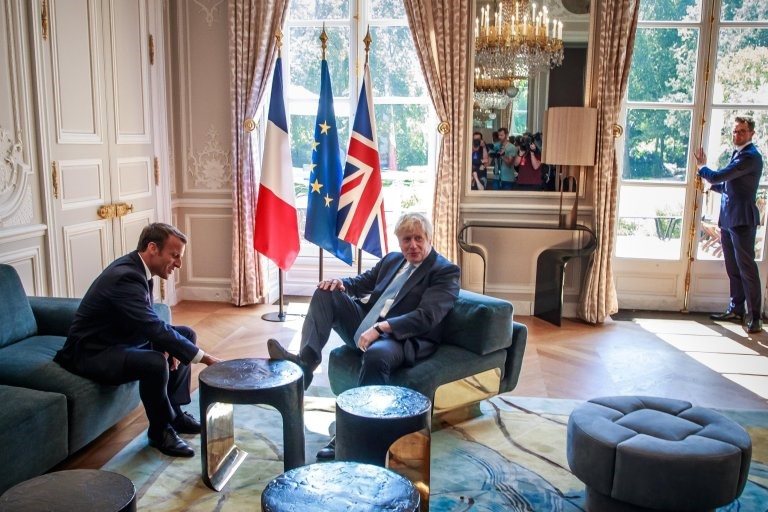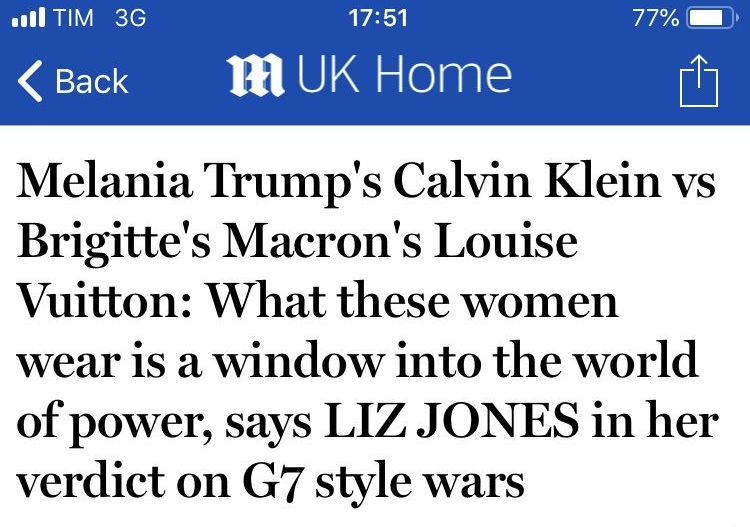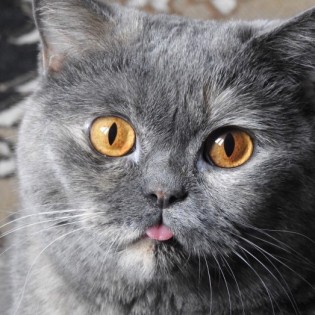The full stop is our greatest friend

Use it well
Continuing The Edit, our series on language in modern communications, with a plea for clarity and common sense.
Here, from a company called The Storytellers, is a classic example of what can go wrong with communications:
“With a compelling strategic narrative at its heart, our unique methodology helps teams emotionally connect to the journey they’re on and the part they’ll play – changing behaviours and building capabilities for dramatically accelerated transformation and performance improvement.”
With its mixture of empty adjectives (compelling, strategic, unique, accelerated), buzzwords (journey, transformation) and jargon (behaviours in the plural, capabilities), we can't say it's going to get us turning the page.
But what about this sentence from a recent Sunday Times Style interview:
“I have known [Natalia] Vodianova for three years, since I first practised my rusty Russian on her over lunch in the apartment near the Place de la Concorde she shares with Arnault, their two children, Maxim, 5, and Roman, 3, and three from her previous marriage.”
On the face of it (and compared to The Storytellers) it is a model of clarity: the language simple, the grammar neat. Yet it fails as a sentence for two reasons: first, it is 46 words long and second because it lacks a clear message. Is it trying to tell us about the lunch, the Paris location, the children, the marriages, or the Russian lessons?
Both these examples prove the need for objective eyes, for someone to ask: “Yes, but what it is about?” Even the greatest writers sometimes struggle to convey what they mean. That’s why editors are needed, not just in editorial, but in any form of communication, especially branded content.
If you want to get a message across, concentrate on just one point. The full stop is the writer’s greatest friend.

Image of the month
Body language can be ambiguous. Either Boris Johnson is being utterly disrespectful or he’s putting Emmanuel Macron in his place. You pays your money...
Out of this world
It is also very easy to think you know what you are saying, when you are actually talking complete nonsense. We were amused by a recent BBC News report (22 August 2019) on revised immigration figures. Of the number of people entering Britain, we were told: “Most of them are from around the world.” The writer was trying to draw a distinction between numbers from the EU and the rest of the world. Instead they implied that some might have made the difficult trip from Mars or Venus.

Why you need editors (part 72)
They are just letters, a few tiny letters, but they make all the difference.
Colourful
Sometimes brilliant writing boils down to just one word. Laura Freeman, reviewing an exhibition of Bridget Riley’s painting for the Sunday Times, wrote: “Her colours are shameless: pillar box, flamingo, Coleman’s mustard.” Another writer could have made the same point using a more straightforward adjective: brilliant, striking, vivacious even. But “shameless” is perfect, unexpected but we all know exactly what she means.

Headline of the month
Puns and wordplay don’t have to scream and shout. We rather admired this effort from The Times, which is subtle enough for you almost to miss the joke.





